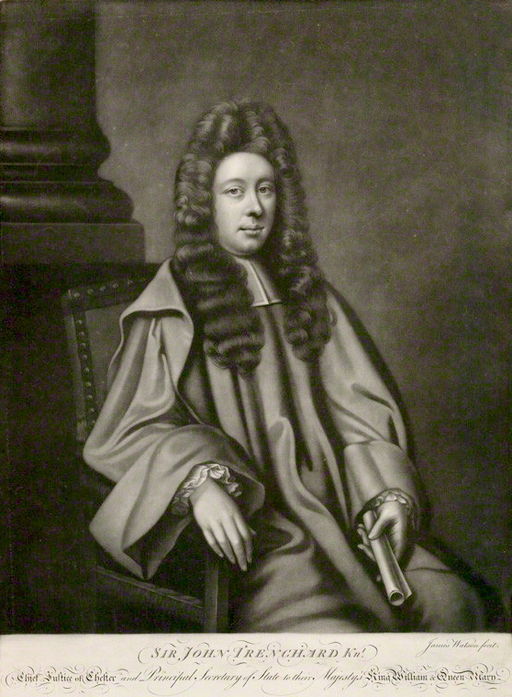Liberty Matters
Republicanism: Last Comments

Dr. Wootton is probably right to say we won’t get much farther here as to how regressive British taxation was or wasn’t. If the 18th-century British state was no terrible Leviathan, despite “huge debts,” and “its revenues were modest in comparison to GDP,” why tax the unrepresented working class at all – even that well-situated London worker?[98]
Locke, Paine, and more recently Hans-Hermann Hoppe have described the clever prince, who permits enough economic freedom to stimulate substantial growth. That, in turn, allows him to raise greater revenue at rates that will seem modest, at least to later scholars.
Dr. Womersley writes that post-1688 “financial innovations” altered the state-fiscal system and, with it, political risks. And now standing armies could rest on “taxation, properly so-called.” Parliament was supreme but under constraints, and by the time of George III, the King was merely (as Frederick D. Wilhelmsen says) Britain’s biggest lobbyist.[99]
This new system was precisely what Jefferson, Taylor, William Maclay, and others had in mind when they railed against the Federalist Party as “monarchist.” Our Revolution had been (at least in part) about rejecting that system, and the American Country Party fought against its wholesale transfer here by modernizing visionaries.
Coupled with well-chosen imperial projects, such a system, with (initially) modest demands on GDP, amounted to empire-on-the-cheap. It has been popular with imperial isolationists (including those in the Country parties) since Harrington. When it ceases to be so cheap, confusion reigns.
Money, State, and Militia
Here we stand to learn a good deal from the Country Party critique, despite some glaring omissions and inconsistencies. At their best, these critics saw the linkages between overseas ambitions, empire, and standing armies, and further relations with public debt, stock jobbing, and more. Over the long haul much the same issues and relations have persisted, as John T. Flynn nearly grasped in the 1940s. The opposing model – nonintervention, wars of pure defense, militia – had its own inner consistency.
The Domestic War Power
We ought at least to mention standing armies of police. After much conscious remodeling of British and American law to accommodate these post-constitutional bodies, we are not surprised at the downward migration of magical war powers into local affairs. (See the Guardian’s series “The Counted.”) This side of the water, the process displaces an earlier migration of American vigilantism -- an outlier of the great fiction of popular sovereignty –– into police work.[100] Either way, tens of thousands of heavily armed petty officials clank about in their armor, as public vigilantes and domestic military: an exceptional outcome for an exceptional nation.
Legal historian William Novak notes that since U.S. federal authorities control, utilize, and manipulate the personnel of all “lower” governments, especially police and military personnel, the combined American state apparatus is far stronger than most political scientists contrive to believe.[101] This, despite our apparently modest (non-European) tax rates relative to GDP.
Endnotes
[98.] The question is meant for those who did it, in their own era.
[99.] Frederick D. Wilhelmsen, “The Political Philosophy of Alvaro d’Ors,” Political Science Reviewer, 20 (Spring 1991), 166.
[100.] Bureaucratic rationality and less shooting seem to characterize British policing, but the latent powers are equally appalling.
[101.] William J. Novak, “The Myth of the ‘Weak’ American State,” American Historical Review, 113 (June 2008), 752-72.
Copyright and Fair Use Statement
“Liberty Matters” is the copyright of Liberty Fund, Inc. This material is put on line to further the educational goals of Liberty Fund, Inc. These essays and responses may be quoted and otherwise used under “fair use” provisions for educational and academic purposes. To reprint these essays in course booklets requires the prior permission of Liberty Fund, Inc. Please contact oll@libertyfund.org if you have any questions.